What is interest and what does it have to do with your savings account?

Keytrade Bank
keytradebank.be
August 25, 2025
(updated February 12, 2026)
4 minutes to read
We Belgians are keen savers, and with good reason. In this article, we explain in clear and simple terms how interest on a regulated savings account works in practice and why patience really is a virtue when it comes to saving.
Even today, saving still makes sense
Savings rates have taken a significant hit in recent years on a global scale. Although the interest on a regulated savings account may seem somewhat limited today, saving remains an important habit. Saving not only provides you with a financial buffer and some peace of mind, but your patience can also pay off financially.
If you leave your money untouched for at least 12 months, you'll receive a loyalty bonus on top as a reward for setting some spare cash aside and letting your savings mature. And that peace of mind may make all the difference if you suddenly have to cover an unforeseen cost tomorrow.
Why do interest rates on savings accounts change?
This scenario may well sound familiar: you open a savings account offering a particular interest rate, only for the interest rate to change a few months later. Why does this happen?
In simple terms, banks can adjust their interest rates on savings accounts depending on market conditions and the policy set by the European Central Bank (ECB). If the ECB decides to raise or lower the base rate at European level, the banks usually follow suit with their savings rates. What does that mean for you?
- If the interest rate goes up, you'll receive more interest on your savings account.
- If the interest rate goes down, your potential return will also be lower.
As a saver, you will always be informed of any changes to interest rates in good time. It's also worth remembering that, in principle, any rate hikes remain in force for at least three months, unless the ECB decides to lower the base rate as a general measure.
Let's go back to basics. What is interest?
Interest is the amount you receive from your bank as a 'thank-you' for holding your money with them. You can look at it as a reward: you set some money aside, leave it alone for a while and watch as it grows slowly over time.
Yet it doesn't grow all by itself, and certainly not in one go. Interest on a regulated savings account consists of three principles, with each one playing its own role:
- The basic interest
- The loyalty bonus
- Compound interest
Basic interest versus a loyalty bonus: what's the difference?
The basic interest and the loyalty bonus are two different types of savings income and are calculated using different approaches. Basic interest accrues from the first day you deposit your money in your savings account. The loyalty bonus, however, is an additional benefit that you only receive if you leave your money in the account for at least 12 consecutive months.
In an ideal world, you make sure that both types of return work for you to the greatest extent possible. The bank sets the amount of the basic interest rate and the loyalty bonus. However, they must follow a number of rules set out by law:
- The basic interest rate must be between 0.01% and 3%, unless the ECB’s base rate is higher.
- The loyalty bonus also has low and high thresholds. It must amount to at least 25% of the basic interest rate at your chosen bank and no more than 50% of the maximum permitted basic interest rate.
- Together, the basic interest and loyalty bonus must provide a return of at least 0.11%.
What is compound interest?
Interest on a savings account is based not only on the amount in your account, but also on all the interest you have received in the past. This is called compound interest, meaning you earn interest on interest on interest, and so on.
Little happens at first as you won't have earned much in interest at that point, but the longer you save, the larger the impact – and your return will be greater for it at the end of your savings adventure.
Your savings account requires time and patience
The best thing you can do to achieve the maximum return is to leave your money alone for as long as possible. It may sound simple in theory, but it is usually complex in practice as people put money aside for a trip, a new car or to build up a buffer for unexpected costs. In other words, a lot of people save with the intention of withdrawing money from their savings account on a regular basis.
But what happens when you withdraw money?
- The interest you have accrued so far through the basic interest rate will remain yours.
- However, you will lose the loyalty bonus on the amount you take out, unless the money has been left untouched in the account for 12 months*.
- Part of the compound interest that you could have accrued will also be lost.
* Note: Some banks may apply certain exemptions or exceptions.
Remember that the less often you withdraw money, the greater the chance that your savings will yield an optimal return. Taking a break from the habit of putting money aside will slow the accrual of interest.
Three tips for a smart approach to managing your savings account
If we can suggest three things to remember from the points discussed above, these ones would be a good place to start:
1. Look at the bigger picture
Pay attention to both the basic interest rate and the loyalty bonus. They can often make a big difference. Never lose sight of any tax implications, either.
2. Think about withdrawals in advance
If you already know that you'll need some of your savings in the next six months, transfer that amount to a separate account that won't earn you a loyalty bonus.
3. Compare banks closely
If you've seen a bank offering a slightly higher basic interest rate and/or loyalty bonus, only make the switch if the difference in the return is worth it and you plan to leave your savings there for a longer period of time. Switching will mean you lose any potential loyalty bonus with your current bank.
Looking to save? Discover Keytrade Bank's savings plans
If you're still busy comparing savings plans at different banks, be sure to take a look at our range. We have the right plan for you whether you need access to your money in the short term or can put it away for a little longer.
What will your savings yield? Do a simulation
Curious to see how fast your savings can grow? With our simulator, it's easy: you instantly get a clear projection of your savings growth potential.
Other articles that might interest you

Why a child deserves pocket money
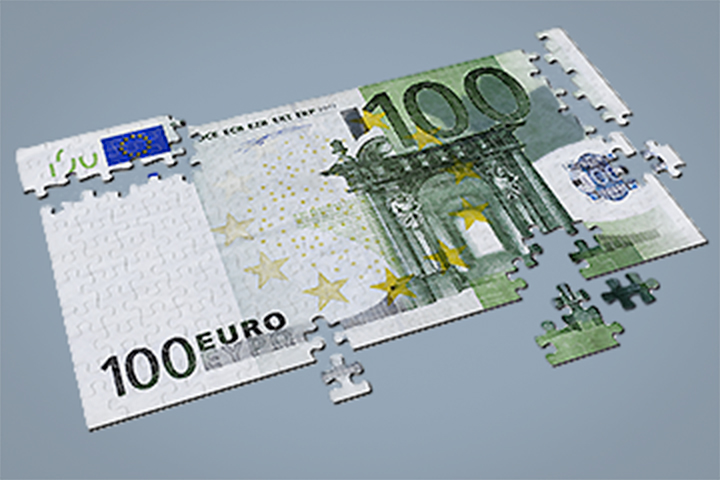
14 surprising savings ideas
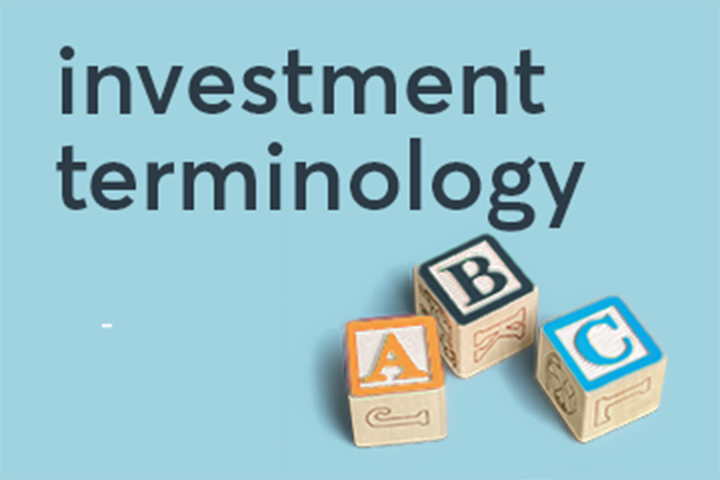
The mini dictionary for novice investors
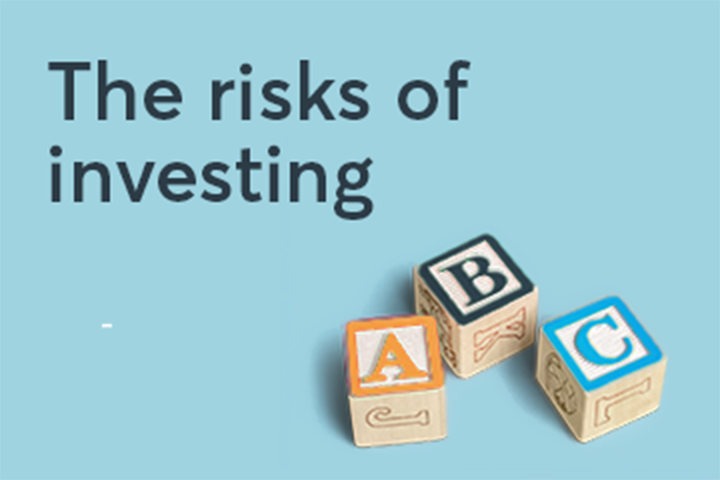
Investing funds without any risk may sound impossible, but…
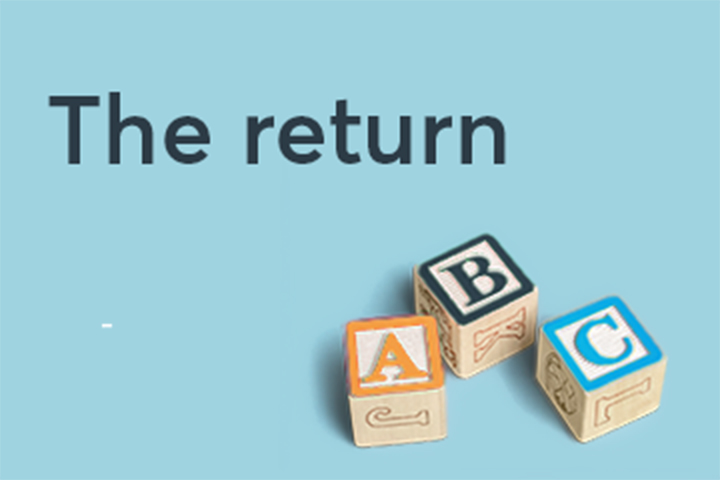
What is a return, and how does it benefit you as an investor?
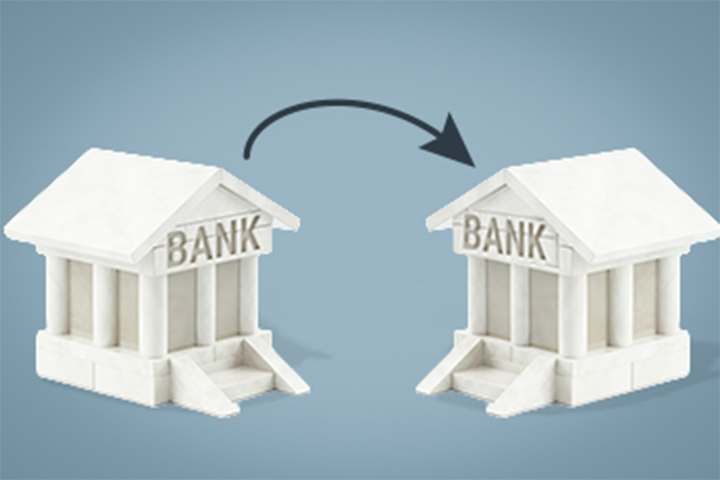
A hassle-free guide to switching banks
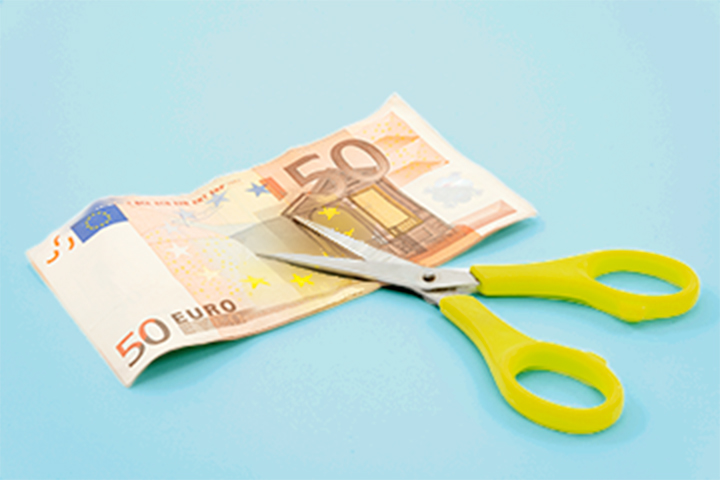
Capital gains tax: how will it affect your portfolio?
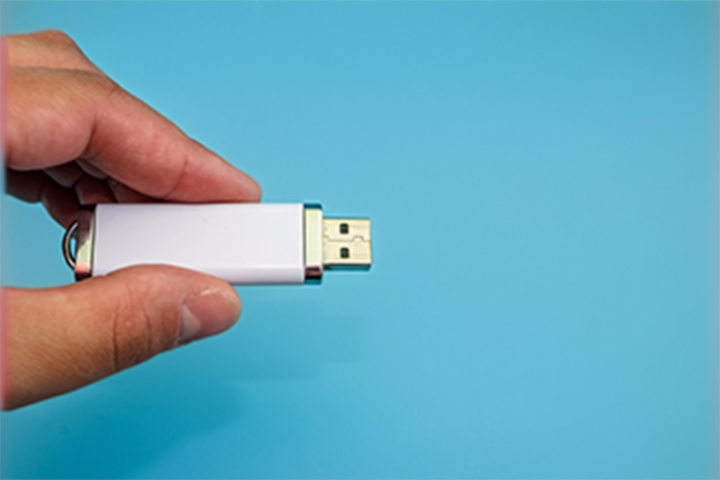
Why you should keep your account statements

ChatGPT as financial adviser: reliable or not?
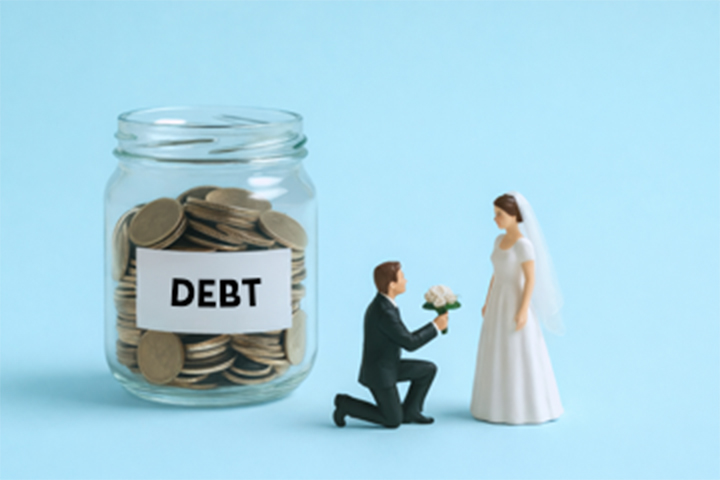
Planning to live together or get married? What this means if your partner is in debt...
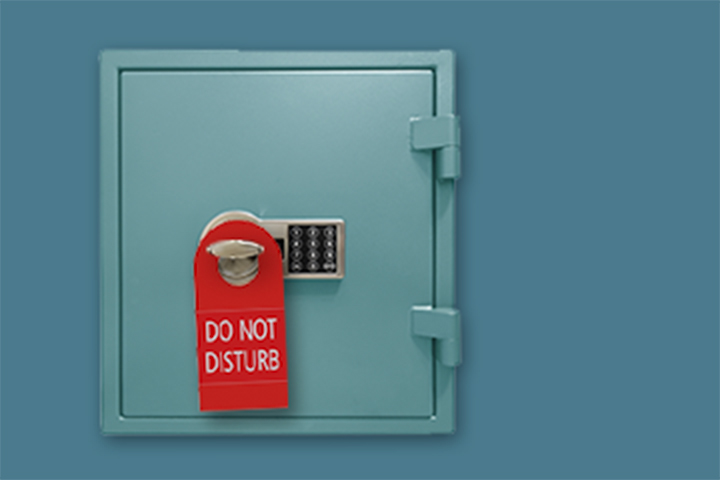
Do you have a dormant account? This is how you can check!

What is a tracker and how do you choose the right one?
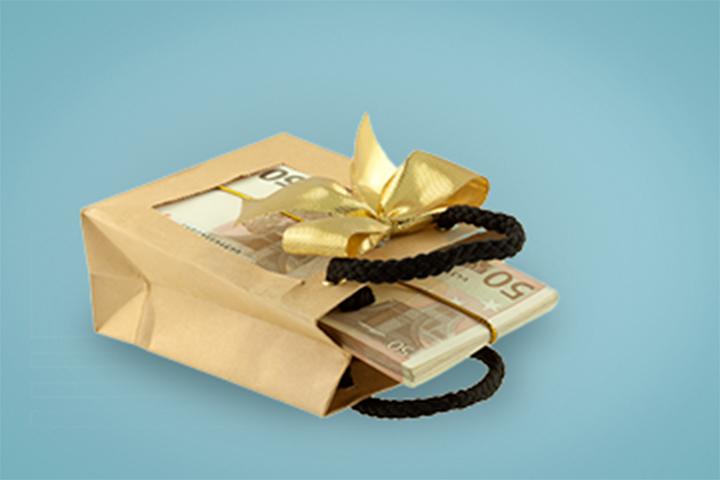
Gifting money: register or take the risk?

Think twice before entrusting your will to ChatGPT

Why you can take out a home loan too as a single person

How high students’ earnings may, and more importantly, may not be

Helping your (grand)children to buy a home: what are the options?
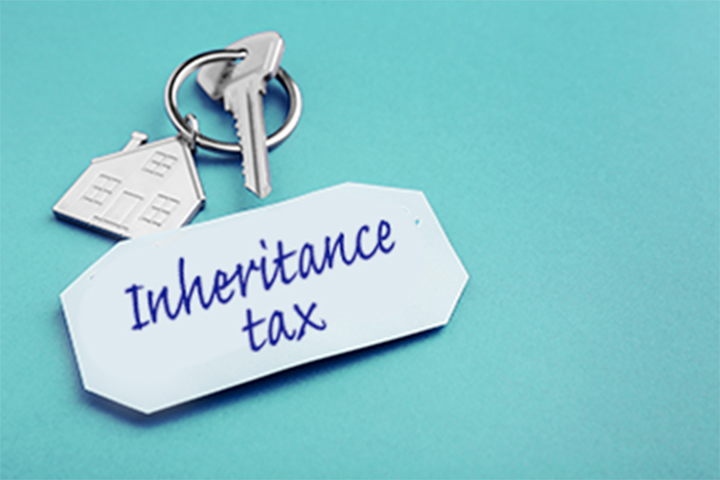
What if you are unable to pay the inheritance tax?

10 tips for the novice property investor

Planning renovations? Which renovation grants are you (still) entitled to?

No children yet, but planning to have some? Here's how you can settle your inheritance
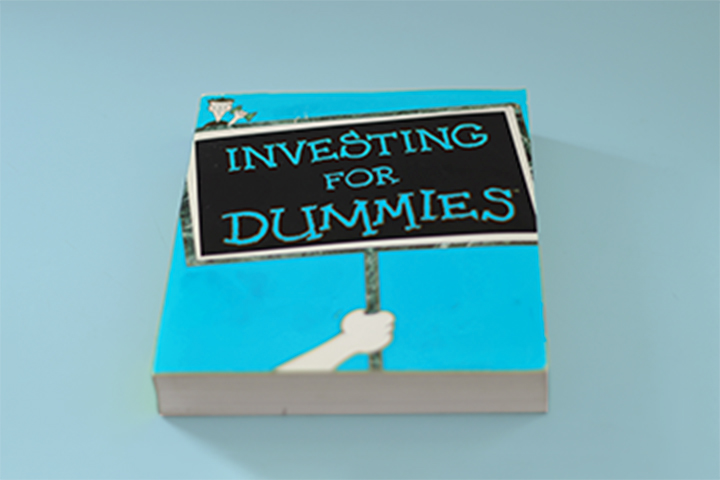
A beginner's guide to buying shares in five steps

Your family member dies: how to manage their banking

What costs are involved in buying a home?
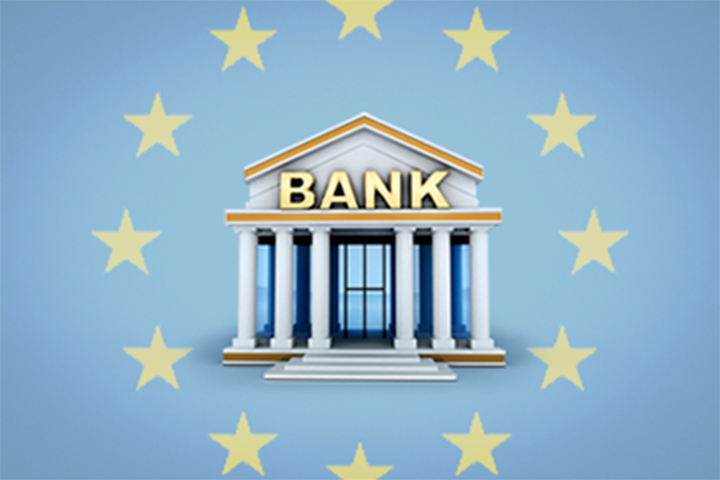
Are European bank stocks experiencing a renaissance?
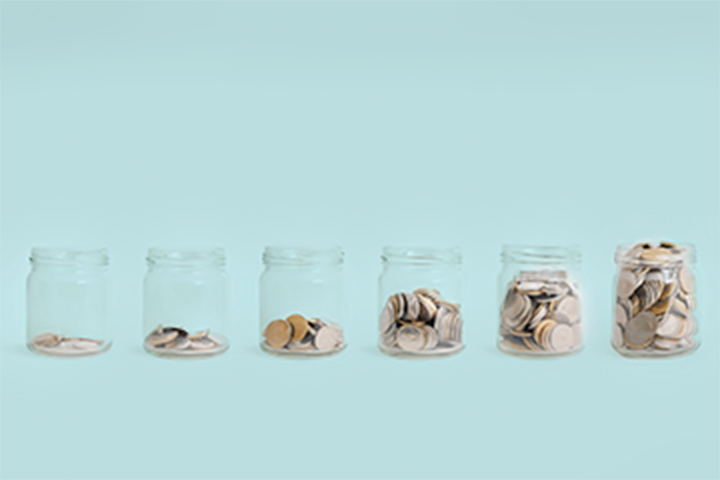
Investing when money is tight: being ambitious pays off!

12 questions and answers about a lasting power of attorney
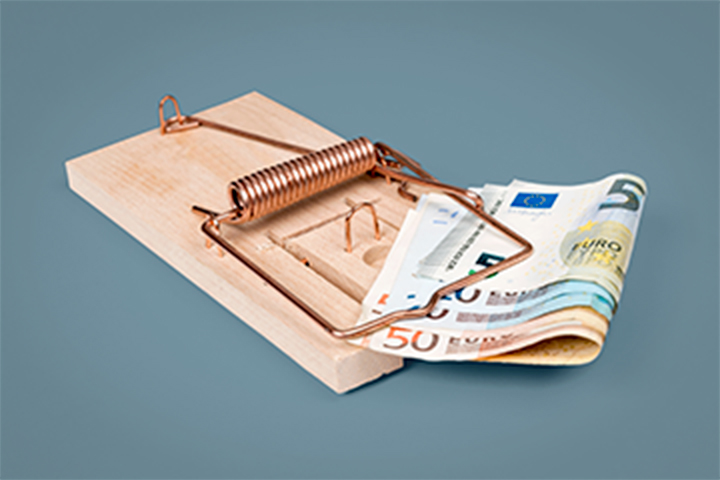
What you need to know before you start dividend investing
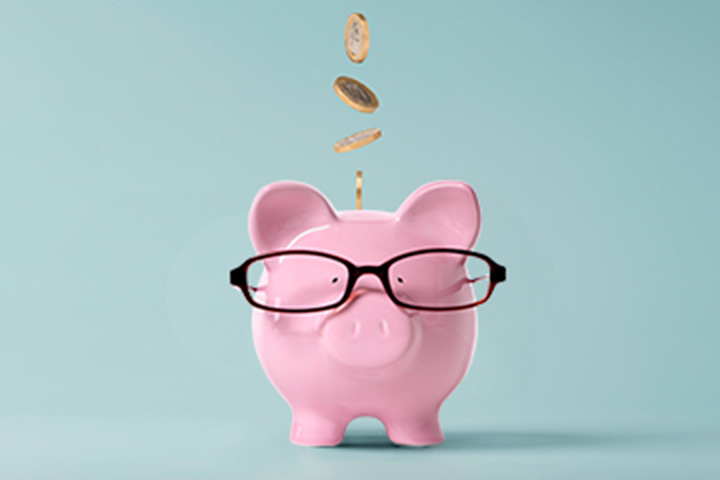
What monthly pension savings for a maximum return?

What would the retired version of you say to yourself?
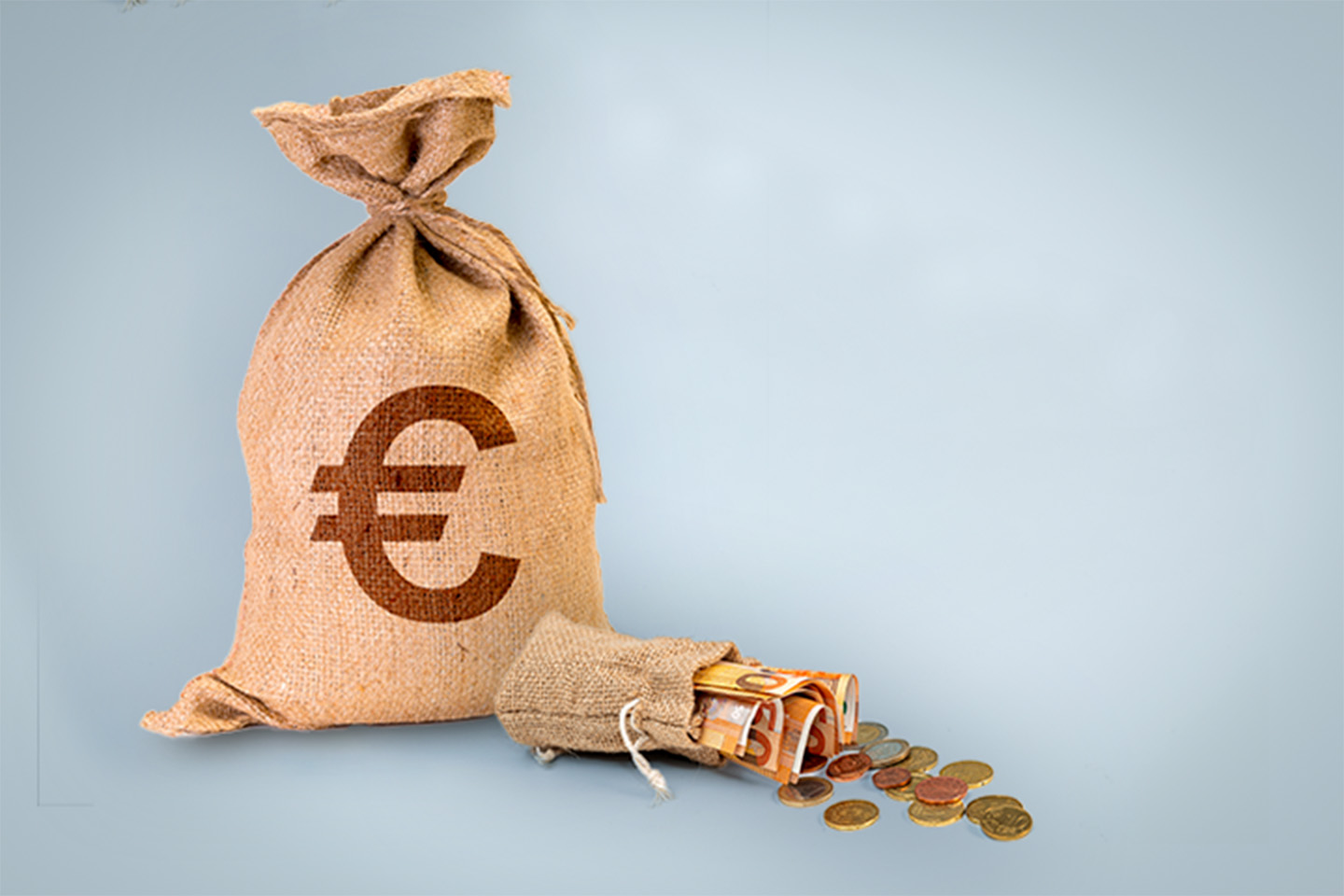
Lump-sum investing vs cost averaging: which offers the highest return?

What type of investor are you? Take the quiz

Did you just purchase shares? Why you should immediately set a stop-loss

How can you teach your child to save? 12 tips

5 mistakes investors make in volatile markets

Government bonds, savings accounts, or term accounts: which should you choose?

Checklist: travel without any money worries

Take a moment to read this before sharing your data

Buying real estate together? Consider a rights of survivorship clause

House flipping: is it worthwhile?

What your friends forgot to tell you about cheaper travel
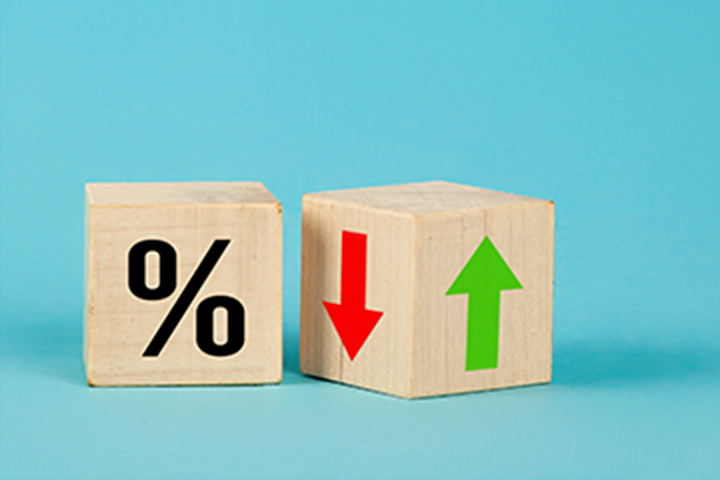
Basic interest rate and loyalty bonus: what does your savings behaviour say about you?
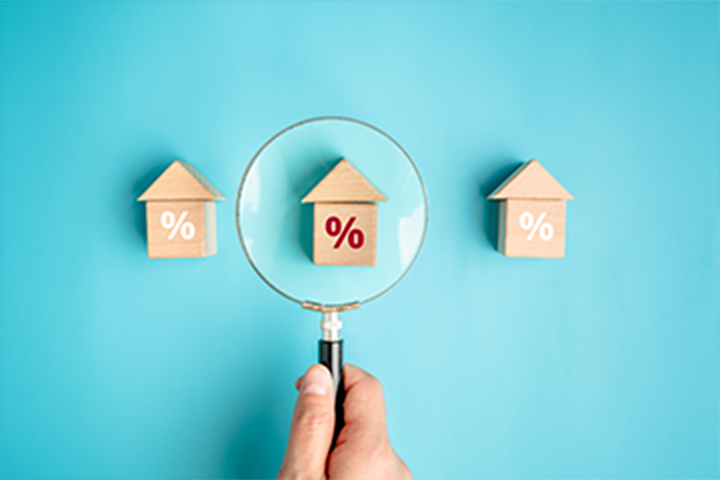
Comparing savings accounts: where do you put your money?

Secure online banking: how can you protect your finances?

Opening an online bank account: what is holding you back?

Watch out, danger's about

Don't forget to create an extra access!

The advantages and disadvantages of contactless payment
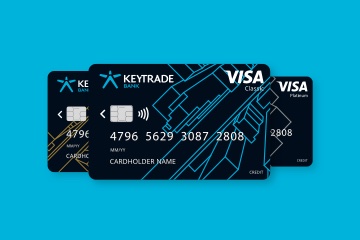
Keytrade Bank has one of the few free credit cards on the Belgian market

How to put phishers out of a job

Investors are not afraid of risks! Or not yet?
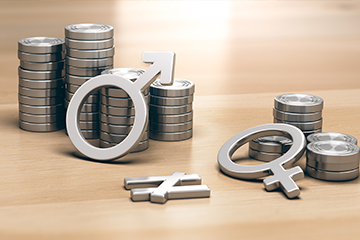
How to navigate a relationship with lopsided incomes?

Avoiding and dealing with conflicts on financial matters: a guide

1 account for the both of you? Or separate accounts? Or a combo?

6 things you need to know about your Keytrade Bank credit card
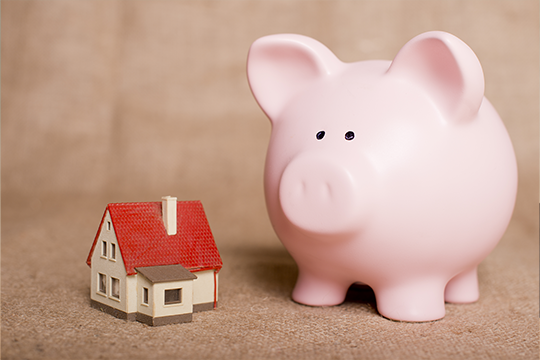
How to buy real estate with your supplementary pension (even though you have not retired yet)

No extra costs ...

10 ways to save money with apps

No group insurance plan? What are the alternatives?

Enjoy your stay at the hotel and pay less

Cohousing rules

How to protect your capital in the event of a divorce

How safe are contactless payments?

Talking to your family about legacy: how to get started

Stock market versus bricks and mortar: 1-0

On the way to a society without cash?

Buying a second residence: with savings, investments or a loan?

A must read for when you spotted a second-hand bargain online

The lazy marathon investor

Share everything with peace of mind. Except your bank cards.

Blended family: shared savings account or keep things separate?

First Aid for Your (Financial) Administration

Tips from an expert: how to keep your passwords safe

Saving your payment card details in your browser: yay or nay?

No extra costs. Yet 700,000 euros gladly given to you, our customers!







































































